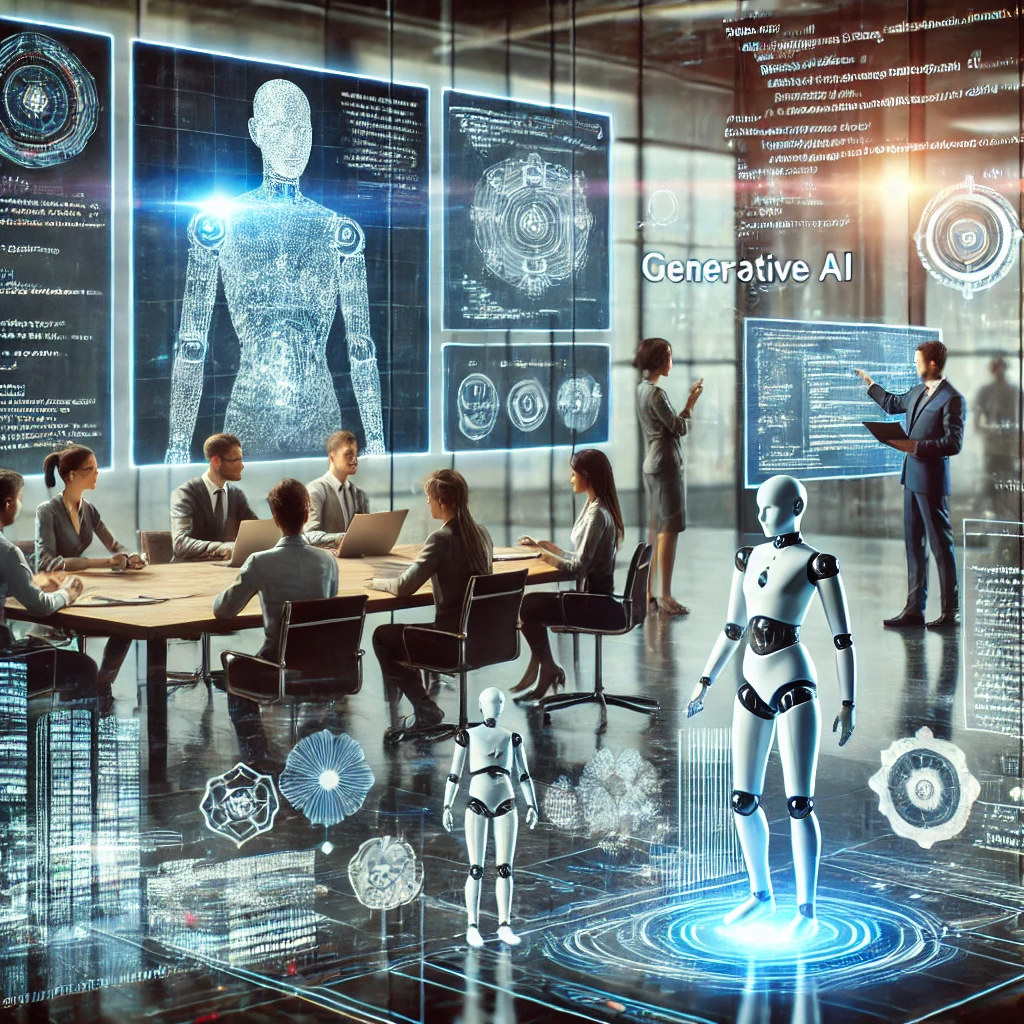The tectonic shifts in the digital landscape demand that every company, regardless of industry, think like a software company. The imperative to deliver innovative software solutions has never been more critical, as nearly 70% of top economic performers leverage proprietary software to outpace competitors. With generative AI (Gen AI) accelerating the pace of software development, organizations must rethink their talent strategies. But as the allure of AI’s productivity gains grows, so does the complexity of navigating its implications for the workforce.
This story isn’t just about embracing AI—it’s about recalibrating human potential to complement cutting-edge technology. It’s about how businesses can move beyond traditional roles and redefine skills in a rapidly evolving world.
The Promise of Gen AI: Transforming Software Development Cycles
Gen AI offers a tantalizing glimpse into a future where developers and engineers can achieve 40% higher productivity, as evidenced by IBM Software’s experience. Tasks such as coding, debugging, and documentation, once considered time-intensive, are now becoming faster and more efficient. However, while AI excels at speeding up basic tasks, its full potential remains untapped—only 13% of organizations systematically use Gen AI in software engineering.
This nascent stage presents an opportunity. The focus is no longer just on what AI can do, but on how humans can evolve alongside it to harness its power responsibly.
Skills Over Roles: A Paradigm Shift
For businesses to thrive in this Gen AI revolution, the lens through which they view talent must shift from static roles to dynamic skills. The ability to adapt is paramount, particularly in an era where engineering and product management roles are undergoing a dramatic transformation.
Engineers: The Reviewers, Connectors, and Designers of Tomorrow
- Review: As AI takes over basic coding, engineers must transition from doers to reviewers. They will need forensic skills to spot inefficiencies and ensure compatibility within architectures.
- Connect: Engineers must integrate multiple AI systems, enhancing problem-solving by selecting the best tools for the task.
- Design: With coding basics delegated to AI, engineers must focus on upstream tasks, such as crafting user stories and ensuring solutions align with business goals.
Product Managers: Navigating the AI Frontier
Product managers (PMs) must learn to operate AI tools effectively, develop agentic frameworks, and address trust issues surrounding Gen AI. Beyond technical expertise, empathy and an understanding of risk are critical skills for ensuring AI-driven solutions meet user expectations without compromising safety.
Merging Roles, Managing Risks
As AI expands its capabilities, roles are blurring. The product developer—a hybrid of PM and engineer—is emerging as a possible future role. Meanwhile, entirely new positions, such as AI safety specialists and LLM operations managers, are becoming crucial.
Leadership must standardize tools, ensure cohesive skill development, and prioritize risk management. Tools like SonarQube and Checkmarx can test code for compliance, while tailored training programs help employees navigate Gen AI responsibly.
Talent Management for the Future: Skills as Data
Traditional HR models are ill-suited to the volatile dynamics of Gen AI. Instead, businesses must treat skills as data—cataloging and tagging them to allow for predictive workforce planning. For example, AI skills inferencing tools can assess gaps and craft targeted training programs, enabling companies to stay agile amid technological disruption.
The Power of Apprenticeships
In a rapidly shifting landscape, hands-on learning is vital. Apprenticeships not only upskill workers but also foster collaboration and resilience. Successful programs involve senior experts mentoring junior colleagues, cultivating both technical skills and strategic thinking. Such initiatives underscore that navigating uncertainty is a collective endeavor.
Embracing Uncertainty to Unlock Opportunity
As Gen AI matures, its applications will stabilize, but the current period of flux offers businesses a chance to innovate their talent strategies. By focusing on skills, fostering flexibility, and investing in continuous learning, companies can turn disruption into an enduring competitive edge.
In the words of former UN Secretary-General Kofi Annan:
“Knowledge is power. Information is liberating. Education is the premise of progress, in every society, in every family.”
The same holds true for the modern workforce—equipped with the right skills, they can navigate the intersection of technology and humanity, forging a path of progress in an AI-driven world.

Leave a Reply